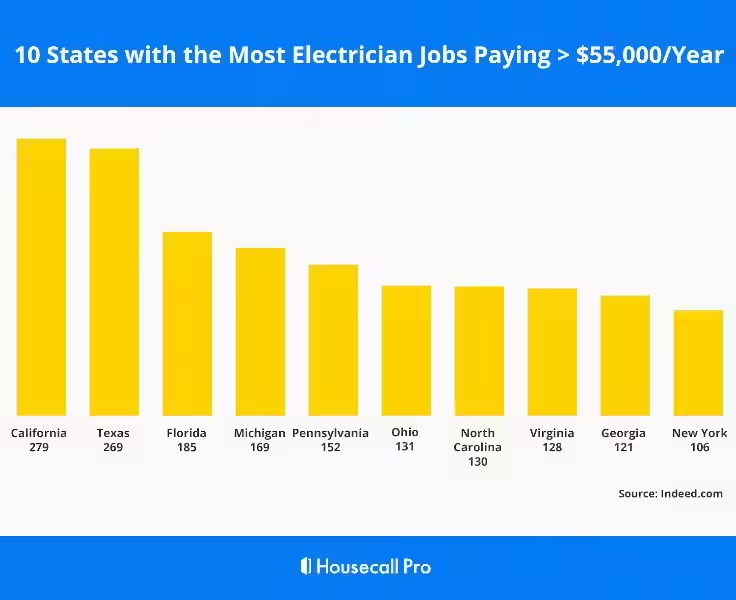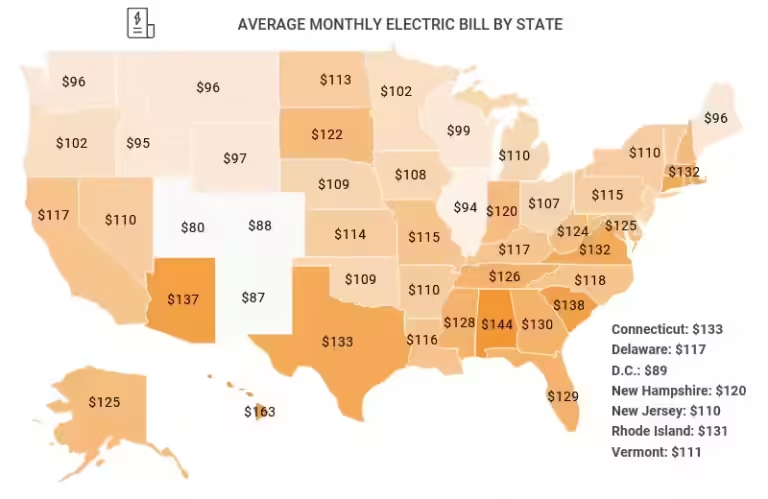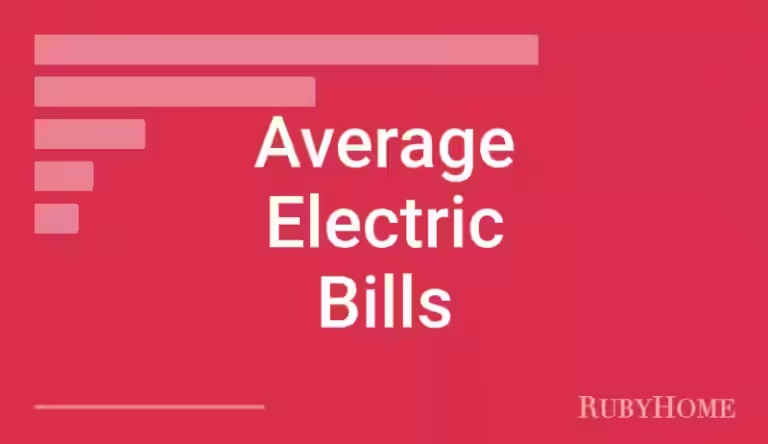Unveiling the Electrician's Paycheck in Massachusetts: A Comprehensive Guide

The prospect of becoming an electrician in Massachusetts is enticing, with the promise of a stable career and a decent salary. But how much does an electrician actually make in this state? This guide dives deep into the financial landscape of electricians in Massachusetts, providing insights into average salaries, factors influencing pay, and resources to uncover specific salary information.
Unmasking the Average Earnings
While a definitive average salary for electricians in Massachusetts is elusive due to restrictions on online salary data, we can glean valuable information from alternative resources. Estimates suggest that electricians in Massachusetts earn an average annual salary of around $75,990. This figure, however, represents a broad spectrum of earning potential, influenced by multiple factors.
The Spectrum of Earnings
The reality is, the electrician salary range in Massachusetts is quite dynamic. While the average salary provides a general understanding, it's important to consider the extremes. Some electricians might earn as little as $38,420 annually, representing the bottom 20% of earners. On the other hand, the top 20% of electricians could earn upwards of $127,900 per year, showcasing the potential for substantial financial gain.
This wide range highlights the importance of understanding the factors that influence income within the electrician profession. Experience, specialization, and location all play pivotal roles in determining an individual's earning potential.
Factors Influencing Electrician Salaries in Massachusetts
The electrician's salary is not a static number, but rather a dynamic figure shaped by a combination of factors. Understanding these factors is crucial for both aspiring electricians and experienced professionals seeking to maximize their earnings.
1. Experience: The Value of Time Served
As with many professions, experience is a significant factor in determining an electrician's salary. Electricians with years of experience under their belts typically command higher salaries than their less-seasoned counterparts. The practical knowledge, honed skills, and established network gained over time contribute to their increased value in the industry.
Imagine two electricians, both holding the same license and working in the same area. One has been an electrician for five years, while the other has been in the field for fifteen years. The more experienced electrician is likely to command a higher salary due to their accumulated expertise and proven track record.
2. Specialization: Mastering a Niche
Electricians who specialize in specific areas of electrical work often have higher earning potential. Specializations, such as working with solar panels, industrial automation, or complex building systems, require specialized knowledge and skills that are highly sought after in the market. These specialized electricians often work on complex projects, requiring a deeper understanding of the intricacies of their field, which translates into higher pay.
For example, an electrician specializing in solar panel installation might earn a higher salary than a general electrician, due to the specialized knowledge and skills required to safely and efficiently install these systems. This specialized skill set makes them more valuable to employers and potentially justifies a higher salary.
3. Location: The Geography of Earnings
Location plays a significant role in shaping electrician salaries. Metropolitan areas, with higher costs of living and greater demand for skilled labor, typically offer higher wages than rural areas. Additionally, specific industries within a region can influence salary levels. For example, a city with a thriving technology sector might offer higher salaries for electricians specializing in data center installations.
Imagine two electricians with similar experience and specialization, one working in Boston and the other in a rural area of Massachusetts. The electrician in Boston is likely to earn a higher salary due to the higher cost of living and demand for skilled labor in the city. Furthermore, the electrician in Boston might have access to more high-paying projects within the technology sector, further contributing to their earning potential.
Unlocking Your Salary Information: Resources to Explore
While accessing specific salary data on platforms like Indeed.com can be challenging, several alternative resources can provide valuable insights into electrician salaries in Massachusetts.
1. Glassdoor: Insights from Employee Reviews
Glassdoor is a popular platform where employees share their experiences, including salary information. While not a definitive source for average salaries, Glassdoor provides insights into potential salary ranges based on job titles, company size, and location. You can search for "electrician" and "Massachusetts" to uncover salary data from real employees.
2. Salary.com: Comprehensive Salary Data
Salary.com offers comprehensive salary information for various professions, including electricians. This website provides insights into average salaries, salary ranges, and factors influencing pay. You can search for "electrician" and "Massachusetts" to access detailed salary data.
3. U.S. Bureau of Labor Statistics: Government-Backed Data
The U.S. Bureau of Labor Statistics (BLS) provides detailed statistics on employment and wages for various occupations, including electricians. The BLS data offers a reliable source for average salaries and employment trends for electricians in Massachusetts and across the United States. You can search for "electricians" and "Massachusetts" on the BLS website to access comprehensive salary information.
Conclusion: Navigating the Electrician’s Financial Landscape
The electrician profession in Massachusetts presents a strong financial foundation, with the potential to earn a comfortable living. However, the earning potential is not uniform and depends on individual factors like experience, specialization, and location. Aspiring electricians should consider these factors when planning their career path to maximize their earning potential within this rewarding profession.
By understanding the factors influencing electrician salaries and utilizing the resources available, you can navigate the financial landscape of this profession in Massachusetts and make informed decisions about your career path.
The Electrician’s Paycheck in Massachusetts: A Look at the Numbers
Electricians in Massachusetts enjoy a promising financial landscape, with an average annual salary of $75,990. This figure, however, represents a broad spectrum of earning potential, influenced by factors like experience, specialization, and location.
The salary range for electricians in the state stretches from a bottom 20% earning around $38,420 annually to a top 20% reaching a substantial $127,900 per year. This means the earning potential is quite varied, with significant room for growth depending on an individual's career path.
While the average salary provides a general understanding of the electrician's financial landscape in Massachusetts, it's crucial to consider the factors that determine individual earning potential. Years of experience play a significant role, with more seasoned electricians typically earning higher salaries. Specializations, such as working with specific types of electrical systems or in specialized industries, can also command higher pay. Additionally, location within Massachusetts can influence salary levels, with metropolitan areas often offering higher wages compared to rural areas.
The data highlights a strong financial foundation for electricians in Massachusetts, with the potential to earn a comfortable living. However, the earning potential is not uniform and depends on individual factors like experience, specialization, and location. Aspiring electricians should consider these factors when planning their career path to maximize their earning potential within this profession.








